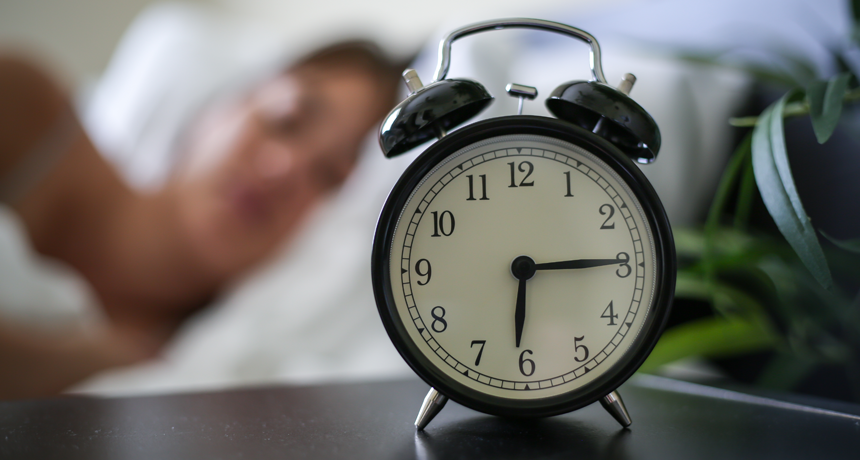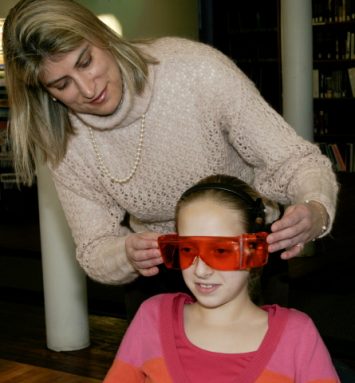Explainer: The teenage body clock
Around puberty, a change in the body clock of adolescents and teens makes it hard for them to fall asleep as early as they used to

For teens and tweens, the changing timing of their inner biological clock means it can be hard to get a good night's sleep.
RyanSebastyan/iStockphoto








